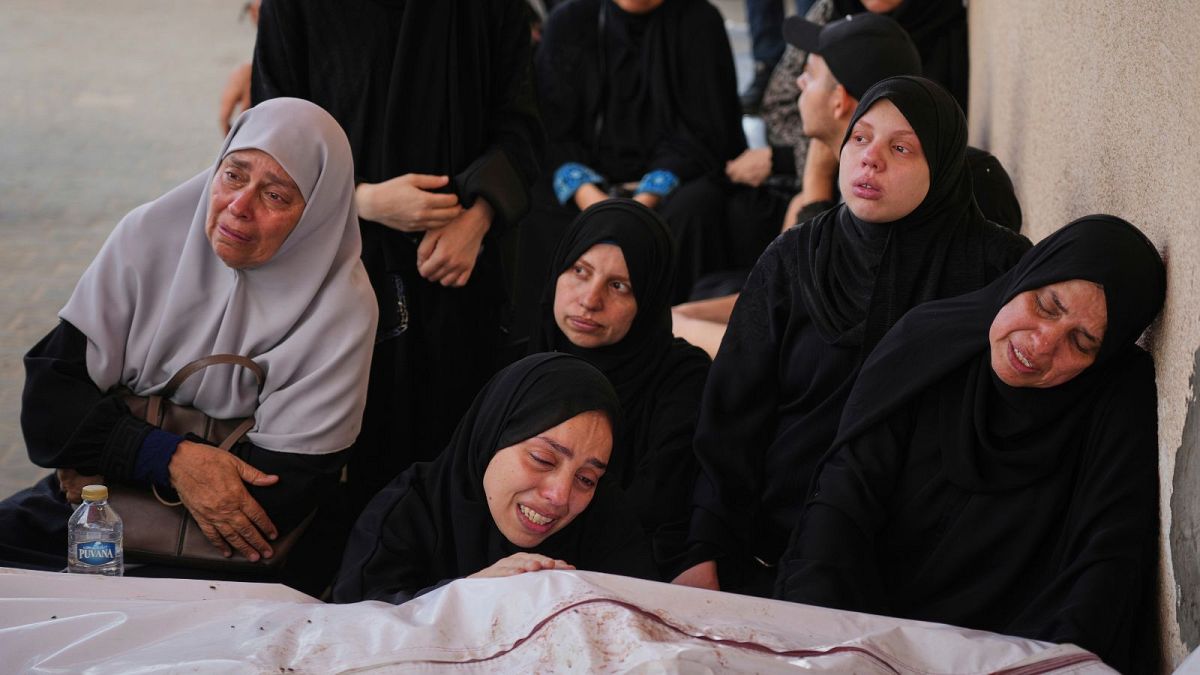

The global stage witnessed a tapestry of events this week, spanning from the Middle East to Eastern Europe and Southeast Asia. Each narrative, while unfolding independently, speaks to the interconnectedness of our modern world.
In the heart of the Middle East, the air remains charged with tension and sorrow. Residents of Khan Younis, a city in southern Gaza, are in mourning following a tragic airstrike by Israeli forces that resulted in the loss of at least 11 lives. Nasser Hospital confirmed the fatalities amidst a somber atmosphere. As these communities grapple with the immediate consequences of violence, dozens of aid trucks have started their journey towards the Gaza Strip. Departing from Egypt’s Sinai Peninsula, they aim to reach the Kerem Shalom crossing for inspection, delivering much-needed relief supplies. Despite this humanitarian effort, the United Nations emphasizes that the aid is but a drop in the ocean, insufficient to avert a looming health crisis.
Amid these events, two prominent Israel-based human rights organizations, B’Tselem and Physicians for Human Rights, have called for international intervention, alleging acts of genocide by Israel in Gaza. They report systematic targeting of civilians purportedly due to their Palestinian identity, further intensifying the calls for a coordinated global response.
Meanwhile, the conflict extends to Southeast Asia, where Thailand and Cambodia have recently entered into an “immediate and unconditional” ceasefire. Negotiated in Malaysia, this agreement seeks to halt the most severe border clashes between the two nations in over a decade. The ceasefire follows five days of conflict that has led to significant loss of life and the displacement of hundreds of thousands. However, allegations of ceasefire violations have already emerged, with Thailand accusing Cambodia of unauthorized incursions, highlighting the tentative nature of peace in the region.
In a different part of the globe, the longstanding conflict between Ukraine and Russia persists with renewed intensity. The Ukrainian capital, Kyiv, has been subjected to ongoing missile and drone assaults, injuring eight individuals, including a child. This escalation unfolds as Ukraine records numerous combat engagements along its front lines. Concurrently, President Volodymyr Zelenskyy faces domestic unrest, with citizens protesting against his recent moves to modify the independence of anti-corruption bodies. These developments come amid US President Donald Trump’s diplomatic pressures, expressing frustration with Russian President Vladimir Putin and setting a new deadline for a peace resolution between Ukraine and Russia.
As world leaders navigate these complex situations, diplomatic and humanitarian efforts continue to play a crucial role in seeking peace and stability. These unfoldings remind us of the delicate balance that exists in maintaining global harmony and the myriad efforts required to bring about lasting change.
Through each crisis, the interdependence of nations becomes starkly apparent, calling for mindful dialogue and peaceful resolutions to forge a promising path forward for the global community.
Source: {link}
